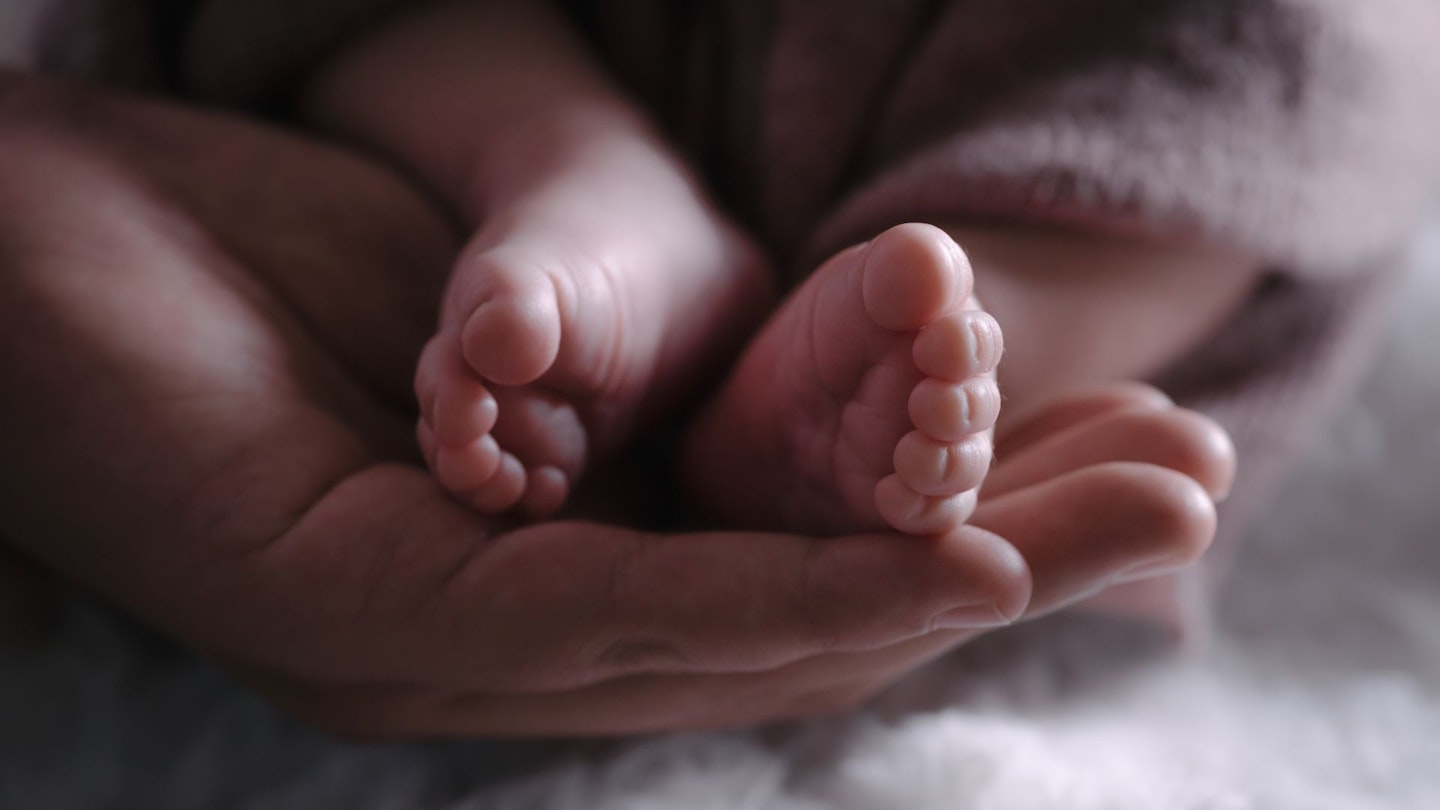Shaken baby syndrome is considered a serious form of child abuse that can cause severe brain damage. It's important to remember to never shake your baby, but if you want to know more about shaken baby syndrome, here is all you need to know.
What is shaken baby syndrome?
When a baby or young child is shaken violently, it can result in a type of brain injury known as shaken baby syndrome. The shaking causes the brain to move around inside the skull, which can result in swelling, bruising and bleeding.
Also referred to as abusive head trauma or shaken impact syndrome, shaken baby syndrome is a serious form of child abuse that causes brain damage. It's most common in children under two-years-old, but it can also affect children up to the age of five.
Symptoms of shaken baby syndrome
The symptoms of shaken baby syndrome will vary, but some may include:
Difficulty staying awake: baby might become unconscious or struggle to stay awake.
Vomiting: as well as being sick, they might also struggle with eating or feeding.
Breathing difficulties
Changes to skin colour: their skin might turn blue or become very pale (this might not be as noticeable on darker skin)
Extreme irritability
It is important to seek immediate medical care if you notice any of these signs.
Diagnosing shaken baby syndrome
There are three conditions that a doctor will look for when it comes to diagnosing shaken baby syndrome.
• Bleeding on the brain
• Bleeding in part of the eye
• Brain swelling
In order to diagnose shaken baby syndrome, there will be a variety of tests done to check for signs of brain damage.
Tests can include:
• CT scans
• MRI scans
• X-Ray
• Eye exam
Blood tests may also be carried out to rule out any other potential causes, as symptoms of shaken baby syndrome are similar to other health conditions.
If you are worried that your baby shows any symptoms, seek medical advice.
What causes shaken baby syndrome?
A practicing Midwifery Sister, Midwife Pip says that shaken baby syndrome is not caused by rocking or gently bouncing your baby on your knee, or a bumpy car or pushchair journey. "It requires more force than these normal everyday actions."
"The reason shaking a baby is so dangerous is because they have poor strength in their necks, so their heads move around a lot when shaken," she adds, "this causes their brain to move back and forth in their skull."
"This movement can tear vessels and nerves, cause swelling, bruising or bleeding which leads to brain damage."
It's often done out of anger or frustration, in particular between 6 to 8 weeks old, when the child won't stop crying.
Abusive head trauma can also happen if someone uses force to drop or throw a child.
How is shaken baby syndrome treated?
It's important to call 999 immediately if you suspect your or another person's child has shaken baby syndrome.
Some children will stop breathing after being shaken, in which case you should administer first aid for the child.
There is no set medication or treatment for shaken baby syndrome. In severe cases, surgery might be required to treat bleeding on the brain, or eye surgery.
Can shaken baby syndrome be prevented?
Shaken baby syndrome can be prevented. It's important to not shake them under any circumstances. It is easy to become frustrated when you can't stop baby from crying and it can become overwhelming. Crying is normal for babies and small children.
If you need someone to talk to, reach out to friends, family or a medical professional for support if you can and if you feel yourself losing control. Make sure your family members and friends are aware of shaken baby syndrome too and the dangers of it.
Samantha Ball is a Commercial Content Writer and freelanced for the Mother&Baby website for two years before joining the team full-time. She's a mum of two and loves browsing for the best products and cute outfits.
About the expert
Midwife Pip is a truly passionate midwife and advocate for the profession, bursting with knowledge. Pip is an experienced, practising Midwifery Sister, MSc graduate, founder of Midwife Pip Podcast, Hypnobirthing and Antenatal Educator, co-author of published research and importantly a mum.
